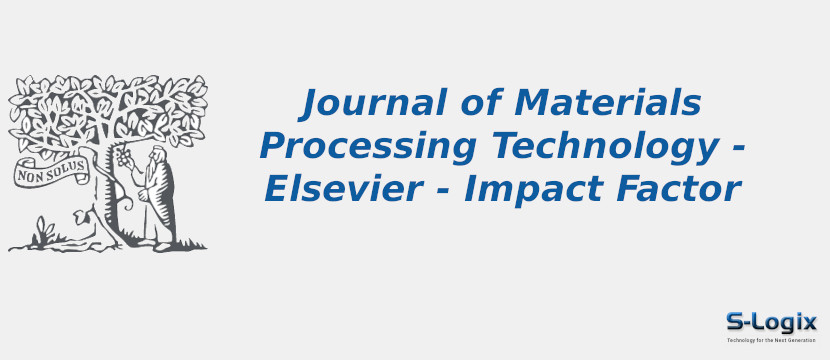Journal Home: Journal Homepage
Editor-in-Chief: D. Axinte
Print ISSN: 09240136
Electronic ISSN: 18734774
Abstracting and Indexing: Scopus, Science Citation Index Expanded
Imapct Factor 2024: 7.5
Subject Area and Category: Computer Science,Computer Science Applications,Engineering ,Industrial and Manufacturing Engineering,Materials Science,Ceramics and Composites,Metals and Alloys,Mathematics ,Modeling and Simulation
Publication Frequency:
H Index: 239
Q1: Ceramics and Composites
Q2:
Q3:
Q4:
Cite Score: 14.3
SNIP: 2.296
Journal Rank(SJR): 1.885
Latest Articles: Latest Articles in Journal of Materials Processing Technology
Guidelines for Authors: Journal of Materials Processing Technology Author Guidelines
Paper Submissions: Paper Submissions in Journal of Materials Processing Technology
Publisher: Elsevier BV
Country: Netherlands
